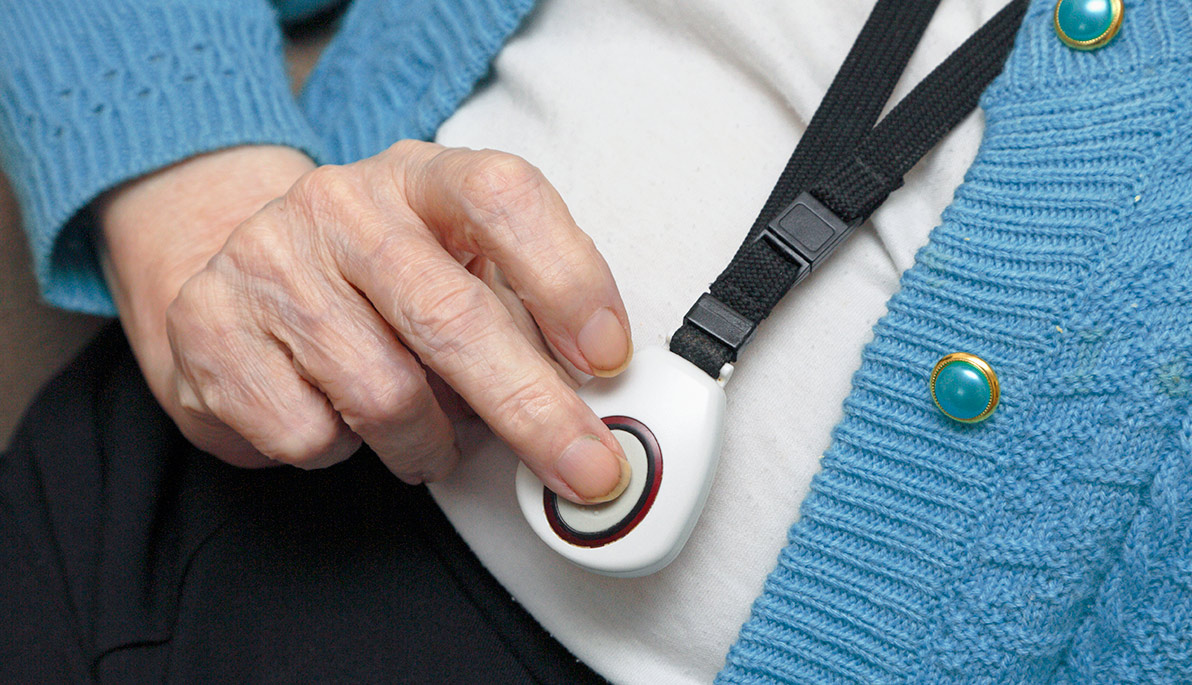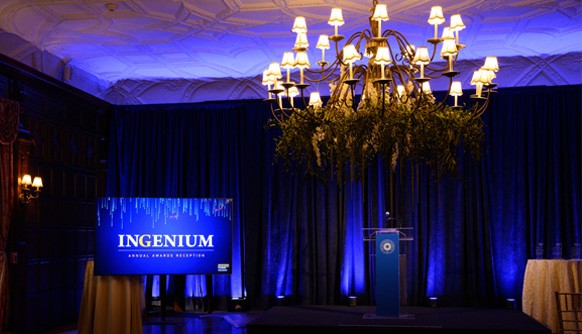News
Targeting the Untapped Market of Wearables for Elder Care
October 19, 2016
Today’s 20-something tech wizards might not worry about getting old—but they should, notes Rahmat Shoureshi, Ph.D., NYIT provost and vice president for Academic Affairs.
If fact, seniors represent a huge untapped market for tech companies, with “wearables” holding great promise.
In an article in TechCrunch, Shoureshi says wearables that foster healthy aging and independent living will soon fill seniors’ wardrobes. “With recent advances in nanotechnology, ‘smart clothes’ that monitor seniors’ health and remind them to take their medications are on the way,” he writes.
Wearables empower patients to take active roles in managing their own health. For seniors, that can include new ways to manage such chronic illnesses as diabetes and heart disease.
In fact, nine out of 10 seniors have at least one chronic condition. Technology that helps seniors avoid complications from their conditions can yield tremendous savings by eliminating unnecessary emergency room visits and hospital stays.
Smart watches are already being used to alert patients when it’s time to take their pills. Soon, seniors with hypertension could use wrist-worn devices to track blood pressure rather than bulky cuffs.
And, for the millions of seniors suffering from vision loss, mobility is often a huge challenge. “Sensors can change that,” Shoureshi says, adding that wearable tech also can help reduce the risk of falling. The cost of treating falls in elderly patients is approximately $34 billion annually, and the problem will only become more prevalent as baby boomers age.
Tomorrow’s tech gadgets will offer revolutionary ways to enhance independence. “That’s why, with America’s population steadily and rapidly growing older, it’s time to start thinking about seniors,” Shoureshi concludes.
Read the entire article on TechCrunch.
This article is part of an NYIT thought-leadership campaign designed to help generate awareness and build reputation for the university on topics of national relevance. Read more articles by NYIT experts.



_Thumb.jpg)

